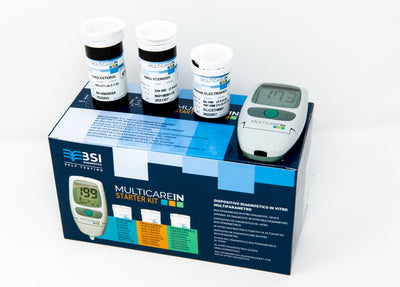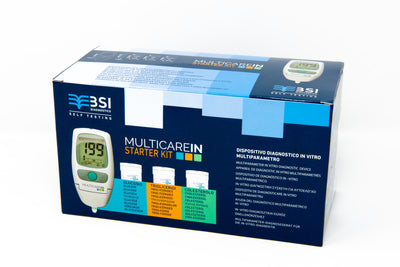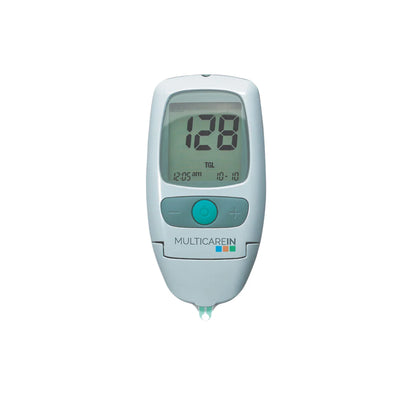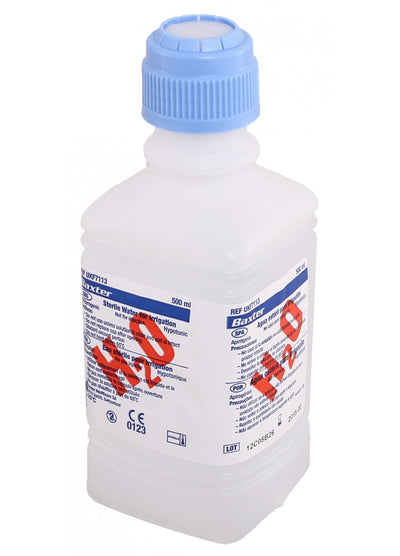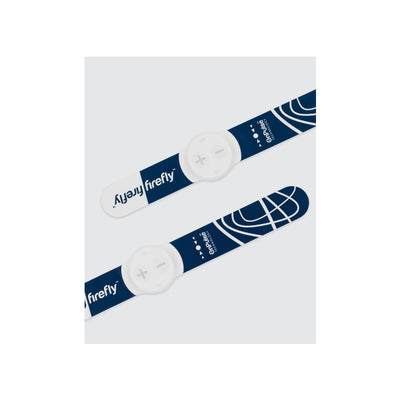We all know how important a good diet is to maintaining good health and well being. We also know that eating fresh fruit and vegetables every day is imperative to establishing a diet that’s rich in all of the nutrition we need to stay healthy.
The general guidance is that fruit and veg should take up half of our daily plates, with grains, protein and dairy accounting for the other 50%. If you sometimes find it difficult to include enough of the good stuff into your diet (and let’s face it, with Easter Eggs and Ramadan currently on our minds, it’s very hard to stay on track!) it might be a good idea to just focus on adding a few really tasty fruits and vegetables into your diet each week.
So, as spring has sprung, here’s our guide to the 5 best fruits and vegetables to fill your shopping baskets with this month.
Asparagus
Asparagus, in the UK, is in season from April to June so now is the best time to add it to your diet. Like most green vegetables it’s full of antioxidants, as well as Vitamins C and E. It’s believed to have anti-inflammatory properties which make it a natural food supplement for people who suffer from conditions like arthritis or mobility issues.
A portion of asparagus will provide you with 5% of your daily potassium needs and, if eaten in conjunction with a low salt diet, will help towards reducing your blood pressure as well.
Roast the asparagus spears in the oven and eat it alongside meat and fish, or add it to pasta, stir fries, salads or omelettes.
Spinach
We know it’s not to everybody’s taste but Spinach is one of the best green vegetables you could add to your diet today. Some people love it raw while others prefer to eat it cooked or ‘hidden’ in smoothies, fish cakes or vegetable bakes and curries
Spinach is loaded with protective compounds called polyphenols which are thought to include cancer-preventing properties (studies have shown that it is particularly effective against colon cancers). The Vitamin K and magnesium in spinach provide essential support for healthy bones and its dark green leaves contain high levels of chlorophyll and carotenoids which help to prevent eye conditions like cataracts and macular degeneration.
Feeling a tad run down? Well, Popeye was right - spinach really does help. While it doesn’t contain quite as much iron as initially thought when the cartoon makers came up with the strong-man character, spinach does have enough iron in it to help with boosting red blood cells as they transport oxygen around the body and provide extra energy to our bodies when they need it.
Mushrooms
There are a huge variety of mushrooms and ways to eat and cook them. They’re an incredibly versatile vegetable used more and more as meat substitutes for vegans, vegetarians and just those looking to cut down on their red meat consumption. If you’re cutting down on your meat, you could try blending chopped mushrooms with minced beef to make a burger with less fat and fewer calories than the full meat version. Or a grilled, full portobello mushroom makes for a delicious vegetarian burger option.
Mushrooms are great sources of prebiotics and help to promote good gut bacteria. It’s becoming apparent that a good gut environment is crucial to maintaining a good immune system and a healthy brain & nervous system.
There is also evidence that some varieties of mushrooms (which are most often consumed in tablet or powder form) are beneficial in the treatment of neurodegenerative diseases including Alzheimer’s and dementia conditions.
Rhubarb
Although it’s technically a vegetable, rhubarb is more often used and cooked like a fruit. After growing throughout the winter, rhubarb is coming into its own just now and is in bountiful supply at this time of year. It’s a great source of antioxidants and Vitamin K and it’s full of natural fiber which has been shown to help reduce cholesterol levels.
Stew it and add to breakfast cereal, yogurt or porridge or make it into jam, compote or even as a flavouring to drinks and cordials. Remember the leaves are toxic so don’t be tempted to eat or leave them on while cooking.
Bananas
This household staple is loaded with potassium, vitamin B6, folate and fiber and one banana will easily give you 1 of your 5 a day. Try adding a banana to your next smoothie, or slice one and add oatmeal, cereal and peanut butter toast.
Feeling a bit down? Bananas contain tryptophan, an amino acid which the body converts to the feel-good brain chemical serotonin. Eating a banana will help the brain to relax, improve mood, lessen anxiety and generally make you feel happier.
Unripe bananas can also help to neutralise stomach acid and are a useful dietary addition for those with heartburn - just be sure to eat them when they’re green/under ripe for the most effective results.
So, this spring why not commit to adding some new seasonal fruit and veg to your diet. Trying new foods, whether raw or cooked, is a great way to keep your meals interesting and ensure you meet your daily nutrition needs.
Need more help? We're always here to help so get in touch today.
For all your Medical and Homecare supplies give us a call at Mediworld.
We have over 40 years experience in medical, surgical, mobility and home health supplies and we're always on hand to chat if you need support or advice and don't forget to read our other great health blogs!
April 2022
